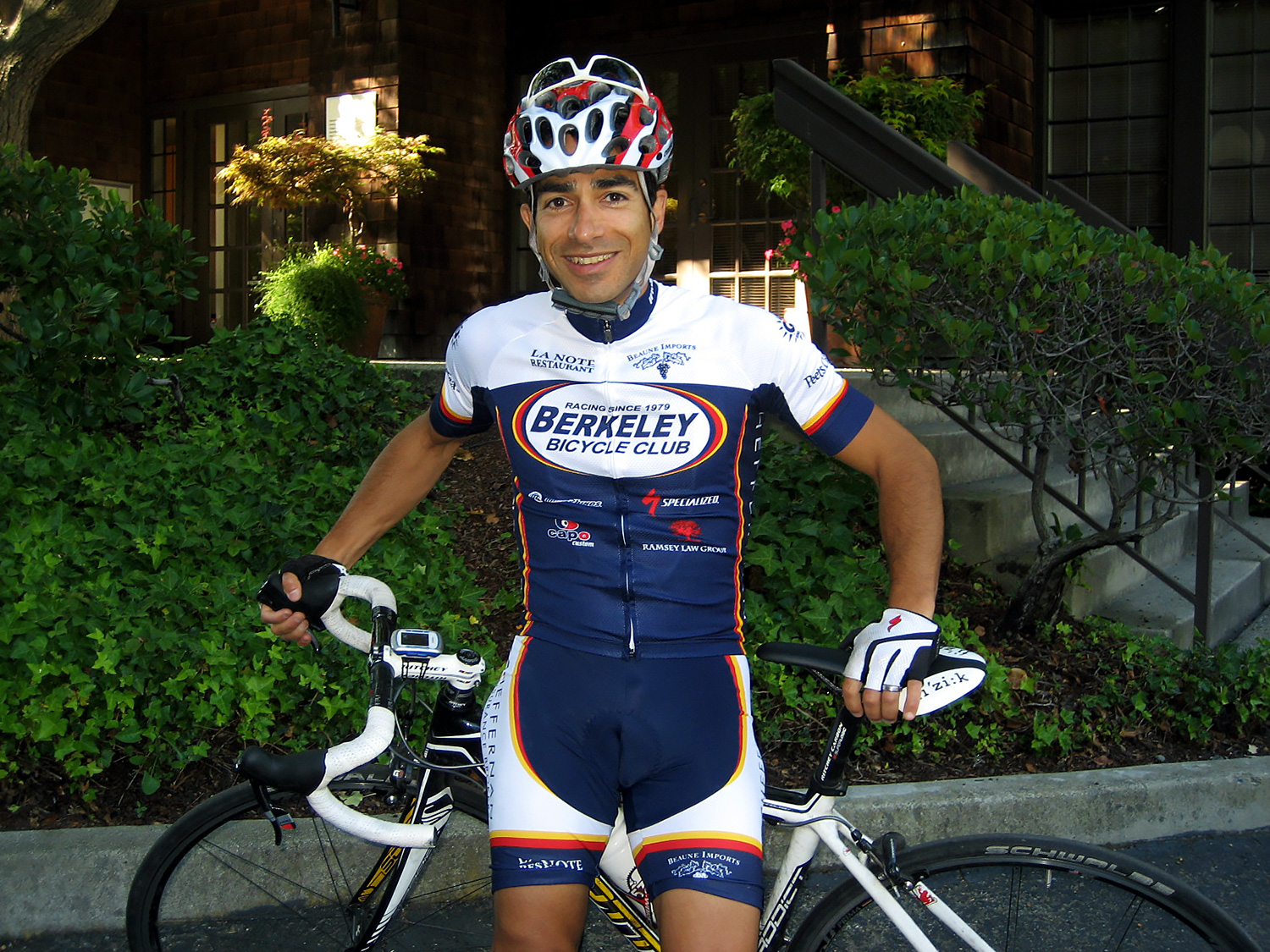
Savoring Small Town Life in a Big Firm
I first realized that my life in the law had changed completely when I was strolling down the street from my new office in Lafayette to get a cup of coffee. It was a beautiful day and as I took in the scene, it dawned on me, “I’m a small town lawyer.”
Until I joined Bruce Ramsey’s three-lawyer firm, The Ramsey Law Group, two years ago, I had always worked in a larger corporate environment in downtown San Francisco. In fact, immediately after I graduated from U.C. Hastings College of the Law in 1995, I started practice doing highly charged, fast-paced litigation at Bartko, Zankel, Tarrant & Miller. Three years later, I joined Hanson Bridgett, which then had approximately 80 lawyers in San Francisco and Marin. Since then, the firm has almost doubled in size and opened offices in Sacramento, Walnut Creek and Foster City. When I started, the firm still had a smaller firm mindset, but growth meant more structure. Time became more controlled and I felt that my ability to grow was limited as well. Also, the firm had become more practice-related; as a real estate litigator, I didn’t fit into the firm’s practice groups.
I hadn’t planned on working at a large firm. Even as a law student, I felt they were too corporate and too buttoned-down. At a smaller place, I could be more directly involved with my clients and their cases. I could be more than just a cog in the wheel. Here with Bruce, I now have the room to develop my own practice. After sixteen years practicing law, I am essentially hanging up my own shingle. The good news is that I haven’t had to do it alone. By plugging into an existing small firm, I haven’t had to worry much about administrative issues and overhead. There’s also a great synergy here because we have a business litigation attorney (me) and business transactional attorney (Bruce) in the same place. That helps both of our practices grow because sometimes transactional clients have litigation needs, and vice versa. There are also other attorneys in the office space to share ideas with. Even though I wanted to work at a smaller firm and hold the keys to my own destiny, I didn’t want to be a lone wolf all the time.
A lot of my big firm friends ask me whether I work less now that I’m at a small firm. Probably not. But I wanted to be at a place where I could manage my own time and still work on building my practice. The work itself is pretty much the same, but it’s a lot more satisfying and the rewards are more immediate—I can actually see it grow. I also have two young children. Here, I can get the work done and do it right, and still have time to be with my kids. I live in Piedmont, which is a reverse commute, and I can easily pick my kids up or drop them off at my parents’ house in Moraga, which is just five minutes from the office. And I can take them to all of their afternoon swim meets, which I definitely couldn’t do when I worked in the city.
I used to do a lot of bike racing when I was younger. But then things got busy, and I didn’t have time to do it. Now, I can cut out in the afternoon and do the work at some other time. Lafayette is a great place to ride; when I joined Bruce’s firm, I rediscovered my love of riding. Then racing took over, and now I’m on a team, spending time on my passions that I could never have done at a big firm. People also ask me if I make more or less money at a smaller firm. Honestly, I think I’m actually doing better. I thought long and hard about whether to leave big firm life, and one of the biggest questions was whether I would attract enough business to keep busy. Leaving the cocoon of a big firm requires an entrepreneurial spirit and a tolerance for risk. I couldn’t have made this kind of mood if I hadn’t wanted it. At the beginning, I spent a lot of time pounding the pavement, expanding my referral network and building my own book of business. I have had to think strategically about which cases to take and in what direction to go. This sounds like a lot of work because it is, but, on the other hand, it’s been so satisfying to be able to reap everything that I have sown.
Another common question people ask me is how I can work without all the resources of a big firm. It’s true that I have to do a lot more things for myself now. For example, I have been more involved in the collection of fees, while accounting departments handle that at big firms so the lawyers don’t have to. But lawyers of my generation are already used to typing up their own documents and filing electronically. Bruce also has a server as well as calendaring and billing systems, which are critical. What’s even better is that everything is accessible remotely, so I can really work anywhere. I also generate and scan my own documents, and you really don’t need a law library because WestLaw is so fantastic.
One of the biggest surprises of making the transition to small firm life is that I’m working harder but feeling more satisfied with it. I have realized I do have the ability to make things happen without all the support I used to rely on. And every time I am able to ride my bike or walk for a cup of coffee or take my kids to a swim meet, I know I made the right decision.
